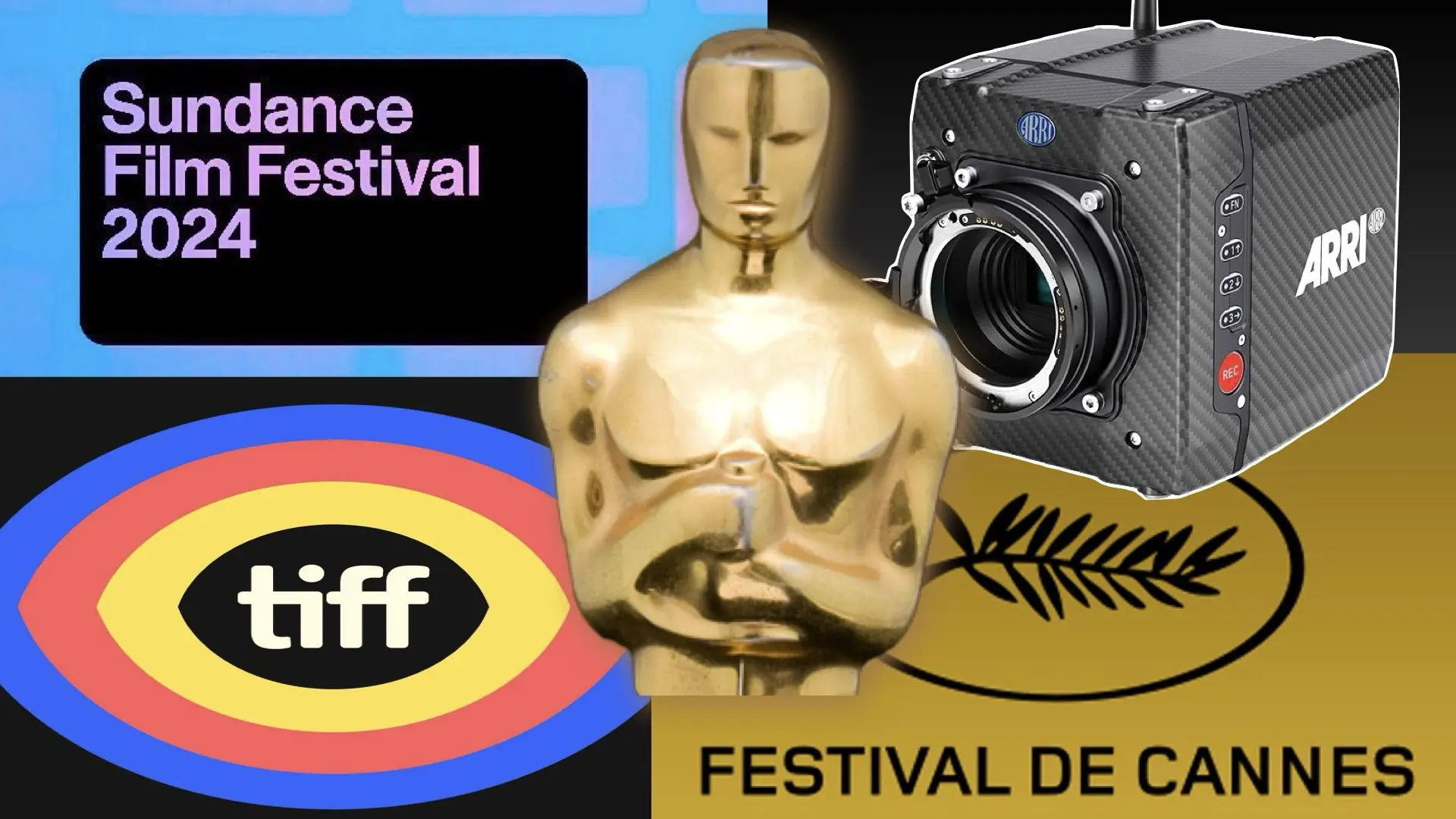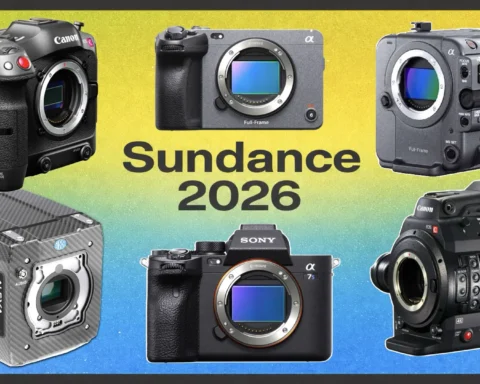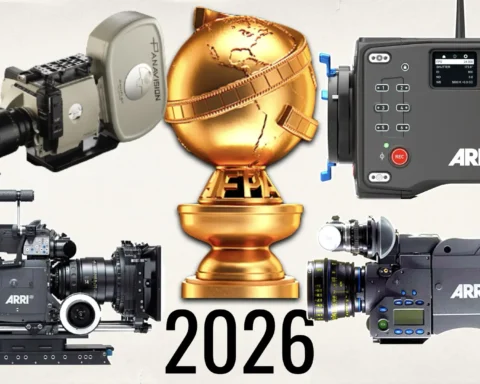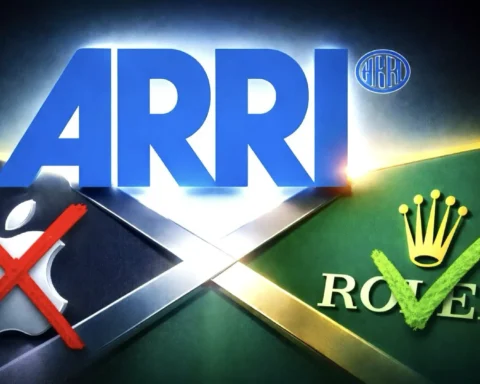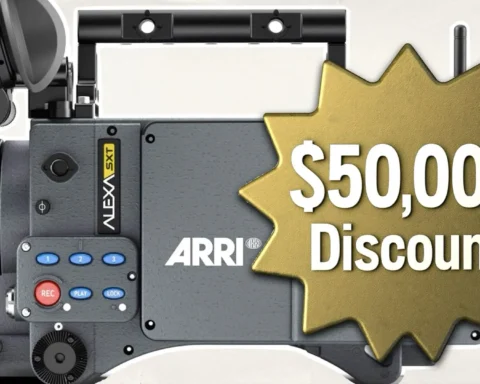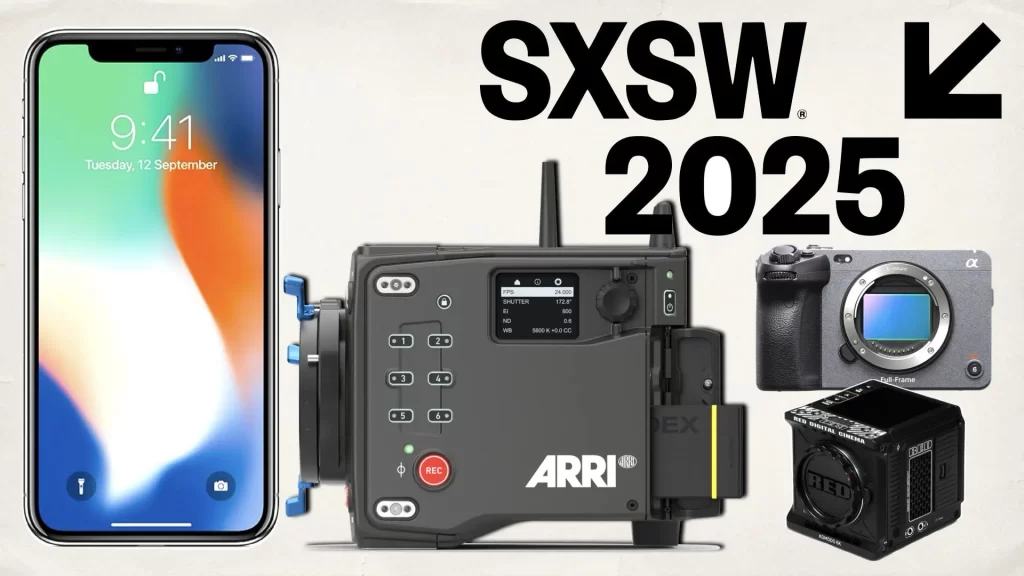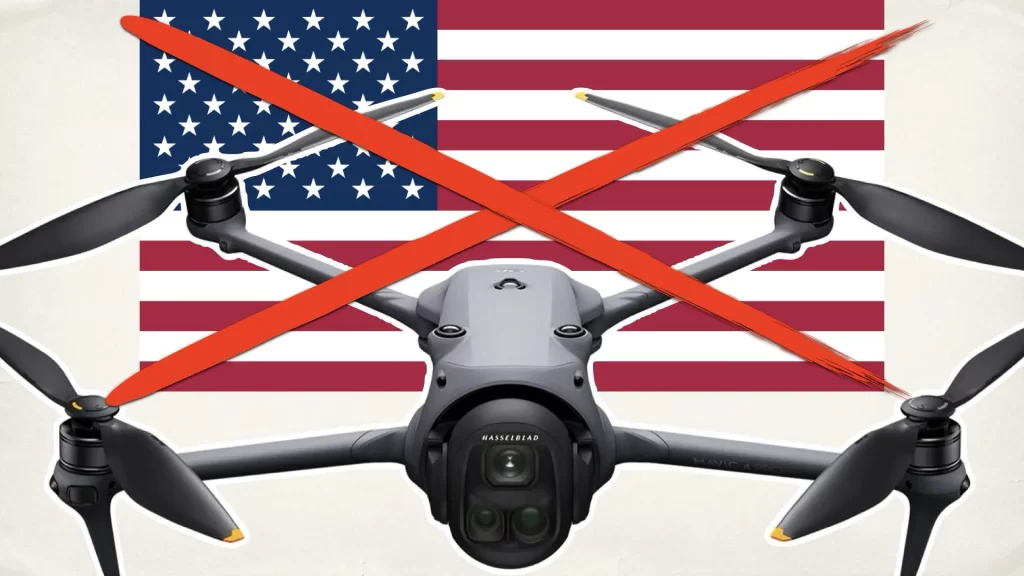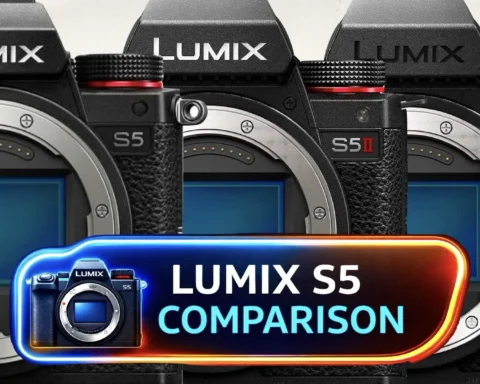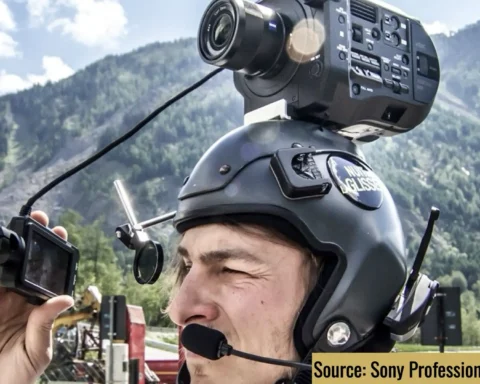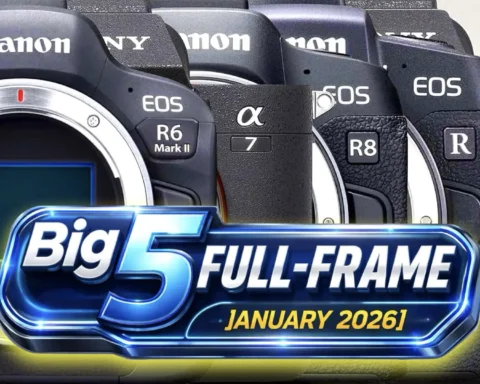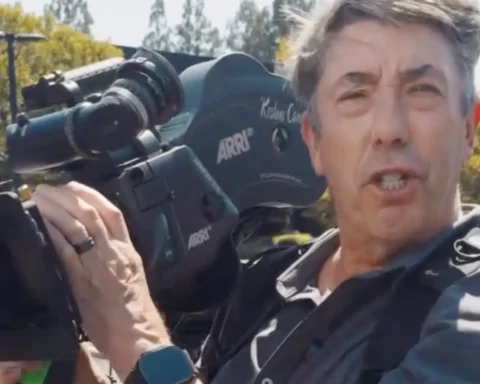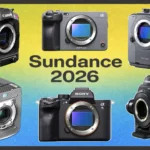The Camera Strength Chart 2024, exclusively developed by YMCinema Magazine, provides the ultimate breakdown of the most used cinema cameras in the narrative feature selections of the top global film festivals: Sundance, Cannes, TIFF, and the Academy Awards. By synthesizing the data from over 220 films, this chart highlights which cameras are currently leading the creative charge in professional filmmaking. Unsurprisingly, ARRI dominates—but the nuanced differences between festivals, and the rise (or fall) of competing brands like RED, Canon, Sony, and Panavision, offer a deeper look into the mindset of top-tier cinematographers today.
Introducing the Camera Strength Chart
Every year, YMCinema breaks down camera usage across the most significant film festivals, analyzing the tools behind the world’s most celebrated narrative features. For 2024, we’ve taken it a step further—compiling this information into one decisive visual: the Camera Strength Chart. Based on camera usage across the Academy Awards, Sundance Film Festival, Cannes Film Festival, and the Toronto International Film Festival (TIFF), this chart is not just a tally—it’s a reflection of aesthetic preference, technical trust, and industry trends. Each bar in the chart is segmented by color, representing each festival, offering a festival-by-festival view of every camera’s strength. Reference: The Most Popular Cinema Cameras
Camera Strength Chart 2024
Explore the Camera Strength Chart 2024 below. Based on 220 films and 4 major festivals. Click on the image for a full-resolution view.

Discussion
ARRI ALEXA Mini – Still the Unquestioned King
Leading the pack by a wide margin is the ARRI ALEXA Mini, maintaining its long-held position as the industry’s favorite camera. Despite being technically outdated by newer ARRI models, its compact body, trusted sensor, and unbeatable reliability make it the weapon of choice for narrative filmmakers. This camera featured heavily in Cannes 2024, where it was once again crowned the most used camera at the festival, as discussed in our in-depth analysis here. Its adaptability across genres and environments ensures it retains massive popularity at TIFF, Sundance, and even among Oscar contenders.
ARRI ALEXA 35 – The Rising Successor
ARRI’s newest sensor technology is making waves with the ARRI ALEXA 35, which has rapidly climbed the ranks since its release. It came out strong at Sundance 2024, where filmmakers adopted it in droves, especially for narrative work that benefits from its improved dynamic range and filmic color science. Read the full Sundance camera breakdown here. Moreover, at SXSW 2025, the ALEXA 35 dominated the camera lineup, suggesting its reign is just beginning (SXSW Report). Its presence is rapidly increasing at TIFF as well, where it joined the ALEXA Mini as a top choice (TIFF Report).
ARRI ALEXA Mini LF – The Prestige Full-Frame Option
Though not as common as the standard Mini or 35, the ALEXA Mini LF still secures a strong position in the chart, especially with filmmakers aiming for a cinematic full-frame look. It’s a favorite at the Academy Awards, where prestige projects often lean toward high-end capture and color depth. Its presence isn’t dominant, but it’s consistent—a sign that full-frame acquisition is still niche but respected in top-tier storytelling.
Sony VENICE – The ARRI Challenger
Sony’s VENICE series continues to hold strong in fourth place, bolstered by its modular design and wide adoption in Hollywood productions. Though ARRI remains the top dog, the VENICE saw moderate use across TIFF and Sundance, appealing to DPs looking for Sony’s color science and dual base ISO. While the VENICE 2 didn’t explode in adoption, its presence across all four festivals indicates a sustained loyalty and practicality—especially in larger-budget indie projects.
ARRIFLEX – A Return to Analog
Surprisingly, analog cameras like the ARRIFLEX are making a comeback, particularly at the Oscars, where directors continue to embrace the tangible grain and nostalgia of celluloid. A massive example of this resurgence is outlined in our Oscar 2024 camera report, highlighting how analog made a strong statement this year (read more). Their inclusion in the chart shows that despite the digital revolution, film remains an emotional and aesthetic decision, chosen deliberately, not by necessity.
ARRICAM – For Prestige and Vintage Authenticity
Similar to the ARRIFLEX, the ARRICAM series—particularly ST and LT models—were used on several Oscar-nominated films. These cameras are often reserved for directors who demand the texture of film for artistic reasons, not technical needs. Their rare but powerful usage is limited mostly to high-budget, prestige productions.
RED V-Raptor – The Digital Rebel
The RED V-Raptor represents RED’s push back into relevance in the indie and festival circuit. Its high-resolution, compact form factor, and RAW workflow appeal to cinematographers seeking detail and flexibility. It performed notably at Sundance and TIFF, though its use remains fragmented compared to ARRI.
RED Komodo – For Indie Filmmakers and Creative Risks
RED’s Komodo, while not as spec-heavy, has carved a niche for its portability and affordability. It was selected by a surprising number of filmmakers at TIFF, where experimental narratives and tighter budgets benefit from a camera that punches above its weight.
Canon Cinema EOS (C500 and C70) – Affordable and Accessible
Canon’s Cinema EOS line, particularly the C500 Mk II and C70, appear modestly in the chart. While rarely used in blockbuster-level features, these cameras find space in documentaries and indie films—especially at Sundance. Their smaller footprint and Canon’s reliable color science provide a cost-effective solution for filmmakers prioritizing emotion over spectacle.
Panavision XL – The Legacy Workhorse
Panavision’s XL camera remains a symbol of old-school grandeur. Though used sparingly—mostly in Academy Awards films—it reflects projects with access to Panavision’s elite gear, often with customized lenses. Its continued presence suggests a reverence for traditional Hollywood capture standards.
ARRI ALEXA LF – Aging but Trusted
The ARRI ALEXA LF continues to be used, but it’s clearly giving way to newer ARRI models like the Mini LF and ALEXA 35. While still valued for its full-frame image and ARRI color, its reduced numbers show the industry’s slow but steady transition to more modern tools.
ARRI ALEXA 65 – Reserved for Epics
Finally, the ALEXA 65 sees the least representation, not due to quality, but because of its logistical demands. Still used for epic-scale productions that make it to the Oscars or Cannes, its cinematic scope is unparalleled, but its use is rare due to cost and complexity. It will be interesting to explore how the ARRI 265 blends. And it will blend for sure!
Conclusion: What the Chart Tells Us
The Camera Strength Chart 2024 isn’t just a ranking—it’s a cultural fingerprint of modern filmmaking. It shows that ARRI remains the cinematic gold standard, but also highlights filmmakers’ growing interest in full-frame capture, celluloid, and modular, hybrid shooting strategies. From festival to festival, choices vary, revealing both personal aesthetic and practical constraints. Whether it’s the trusted ARRI Mini, the innovative ALEXA 35, or the nostalgic ARRICAM, the camera becomes more than a tool—it becomes a storytelling partner. As we look ahead to 2025, one question remains: Will anyone dethrone ARRI?
Related Reading:

